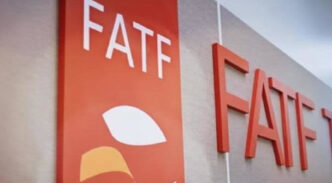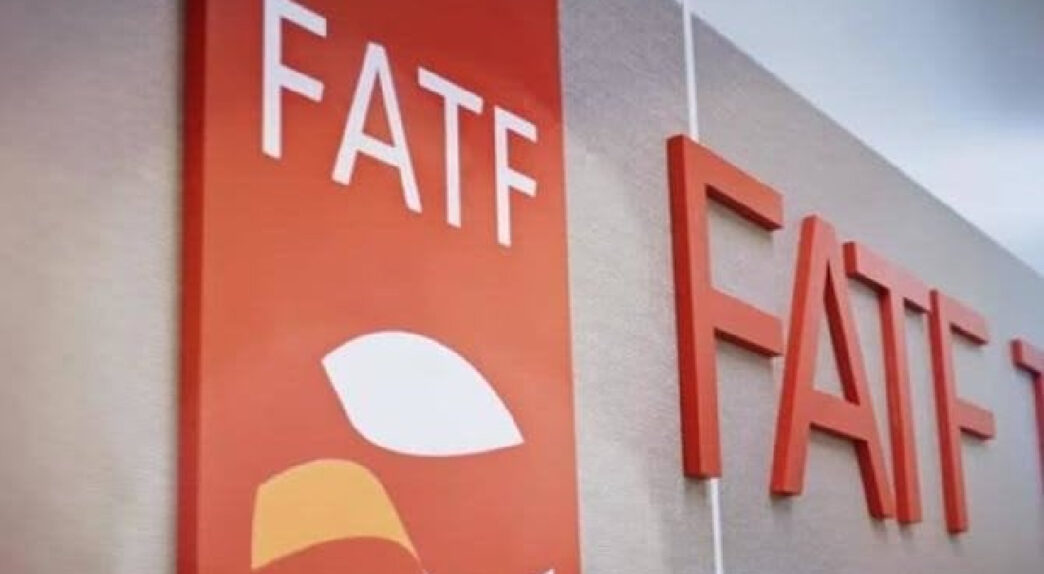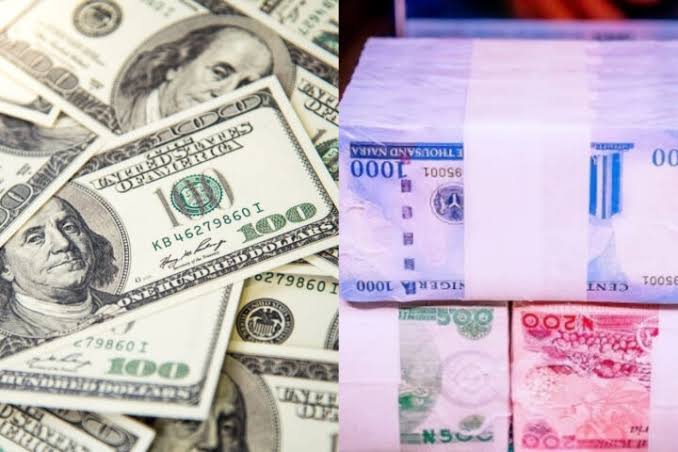Finance experts have hailed Nigeria’s removal from the Financial Action Task Force (FATF) grey list.
Gatekeepers News reports that they said the move will restore global confidence in the country’s financial system, simplify cross-border transactions, and attract more foreign investments.
Recall that earlier on Friday, Gatekeepers News reported that FATF confirmed that Nigeria had been taken off its grey list — a watchlist of countries with weaknesses in anti-money laundering and counter-terrorism financing controls. The decision followed a successful review of Nigeria’s compliance and reform measures.
Olugbenga Agboola, co-founder and chief executive officer (CEO) of Flutterwave, described the delisting as a massive win for the Nigerian economy. Writing on X, he said the grey list had made international payments more difficult and expensive.
He wrote, “@theflutterwave is Africa’s most licensed non-bank financial institution with 50+ licenses + massive investment in keeping compliance at the highest standards, this grey listing made cross-border payments/settlements harder & more expensive.”
“This delisting restores confidence, lowers remittance & xborder costs, and unlocks faster, cheaper payments to & from Nigeria.”
Agboola applauded Central Bank of Nigeria (CBN), Ministry of Finance, and all institutions involved in achieving the milestone, noting that it reaffirms Nigeria’s commitment to financial transparency and leadership.
Tayo Oviosu, founder and CEO of Paga, also celebrated the development, he said, “Congrats to everyone at NFIU, CBN, and the entire financial industry. We worked hard to get here.”
“This is a big deal because it opens up the country for FDI and engagement from the West, especially.”
Nigeria was placed on the FATF watchlist in 2023, a year after banks suspended international naira card transactions amid foreign exchange pressures. The listing had drawn global scrutiny and made international transactions originating from Nigeria subject to tighter checks.
Ayokunle Olubunmi, head of financial institutions ratings at Agusto & Co, said the removal marks a turning point for Nigeria’s economy and citizens.
He said, “For individual Nigerians, transactions will not attract the level of scrutiny we currently have. More countries and platforms will now accept our cards.”
“I also expect the rigorous checks and suspicions Nigerians are subjected to at foreign airports to reduce.”
He added that the move could stimulate foreign portfolio investments and possibly accelerate Nigeria’s inclusion in the Morgan Stanley Index.
Olubunmi said, “This will support external reserves and ultimately strengthen the exchange rate. Nigeria’s removal could also herald foreign direct investments which will create jobs.”
Economist Abuede Charles described the FATF decision as a major boost for Nigeria’s reputation, saying it casts a brighter light on Nigeria’s sovereign outlook.
He said, “We believe this delisting will likely stimulate renewed foreign direct investments (FDI) into Nigeria.”
“For years, the perception of Nigeria as a corruption-prone environment has hampered capital inflows into key sectors and clogged the investment pipeline. Being on the grey list came with clear disadvantages — from constrained capital access to higher due diligence costs and slower development prospects. However, this removal signals a turning point.”
Charles explained that Nigeria’s improved compliance record is expected to enhance its sovereign credit rating, build market confidence, and strengthen the financial sector’s attractiveness to global investors.
According to him, the country’s delisting will further support a bullish outlook for its sovereign instruments as confidence rebuilds on improved credibility and governance reforms.
According to the analysts, Nigeria’s removal from the FATF grey list is both symbolic and strategic — signaling a new era of transparency, regulatory discipline, and growing investor confidence in the nation’s financial system.












